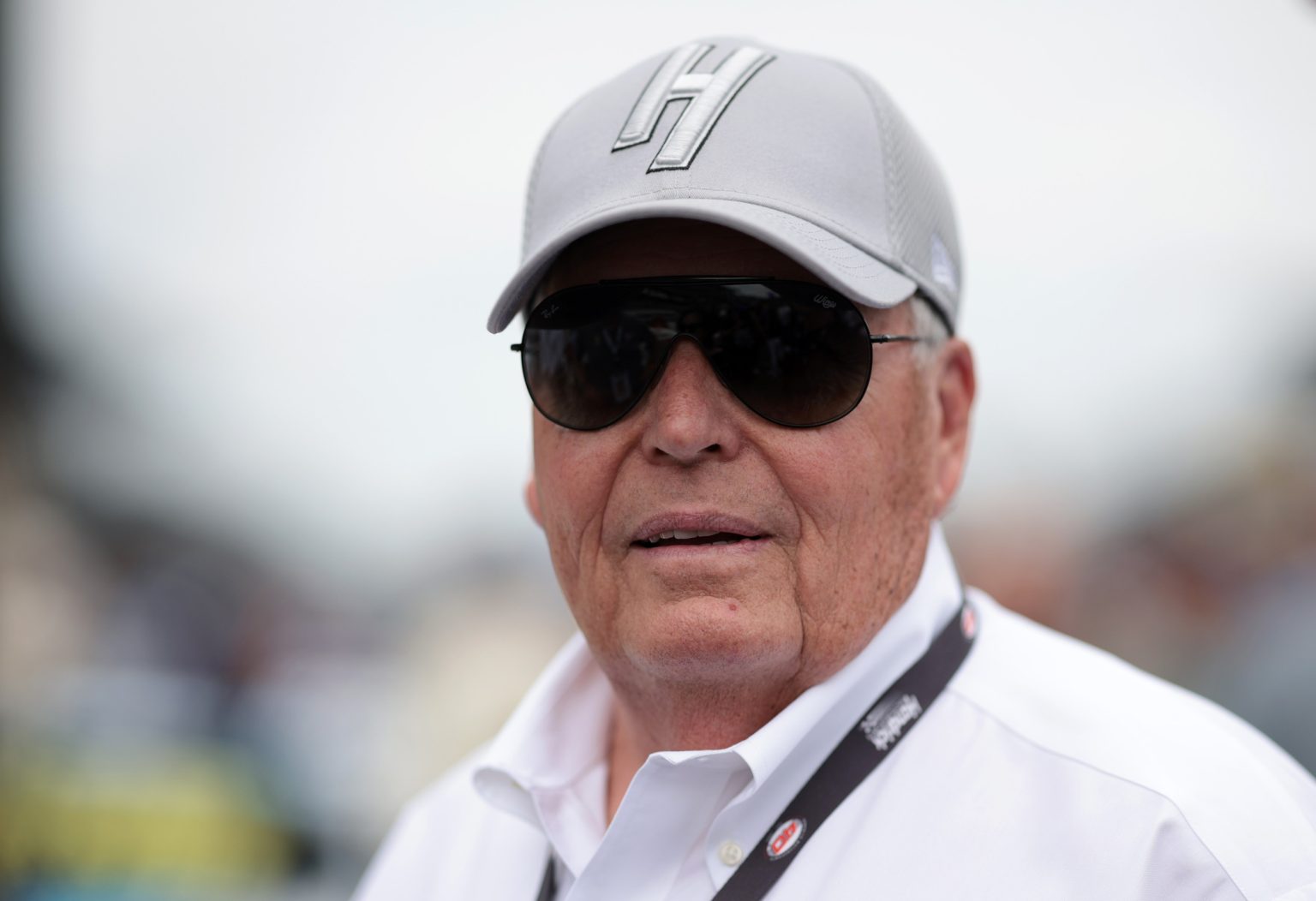Rick Hendrick, owner of Hendrick Motorsports, recently divulged his reasons for signing the controversial NASCAR charter agreement, stating that he was simply tired. The agreement, which saw Hendrick and 12 other team owners sign on, was met with mixed reactions from the community. Notably absent from the list were 23XI Racing and Front Row Racing. Brad Keselowski of RFK Racing expressed conflicted feelings about the agreement, noting that it only seemed beneficial when everyone involved was somewhat disillusioned.
The charter agreement aimed to address several key issues within the NASCAR community, including a desire for a larger share of revenue, a more prominent voice in governance affairs, and compensation for business engagements that leverage team or driver likeness. However, the exclusion of permanent charters was a divisive point in the negotiations. The compromise was presented as a non-negotiable final offer, leading to reluctant acceptance among many stakeholders. The distribution of television rights revenue was also a point of contention, with the current formula allocating 25% to teams, 10% to NASCAR, and 65% to tracks, sparking calls for a reassessment given the significant $1.1 billion TV rights deal from 2025 to 2031.
Despite the financial and governance challenges posed by the charter agreement, there remains hope for a more balanced future. Hendrick expressed optimism that a resolution would be reached soon, emphasizing the importance of finalizing the deal for the benefit of NASCAR, owners, and tracks alike. 23XI Racing, one of the teams that did not meet the deadline for signing the agreement, released a statement outlining their decision. They cited a lack of opportunity to fairly negotiate the terms of the contract and expressed a desire to engage in constructive discussions with NASCAR to address their concerns and work towards a fair resolution while upholding the integrity of the sport.
The ongoing negotiations surrounding the charter agreement have reignited debates about governance, revenue sharing, and the future of NASCAR. While the current situation is fraught with complexities and disagreements, stakeholders are hopeful that a compromise can be reached that addresses the needs and concerns of all involved parties. The nuanced nature of the agreement highlights the various interests at play within the NASCAR community and underscores the importance of finding a balance that benefits everyone involved. As discussions continue and stakeholders navigate the challenging terrain of governance and revenue sharing, the ultimate goal remains to strengthen the sport and ensure its sustainability and success in the years to come.


